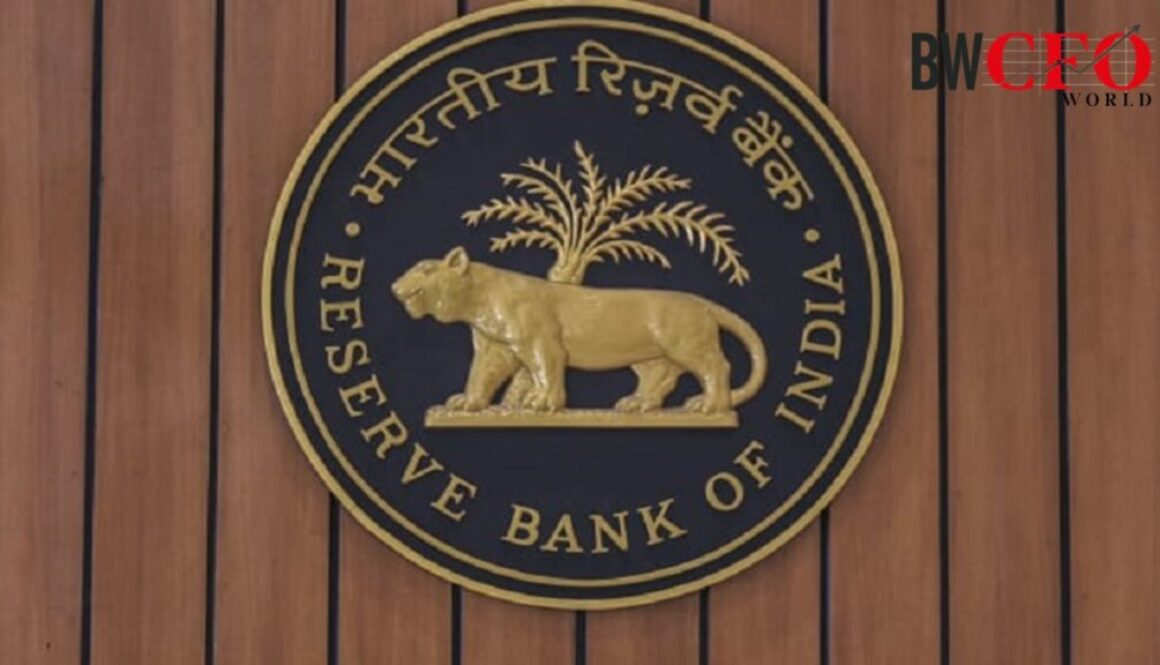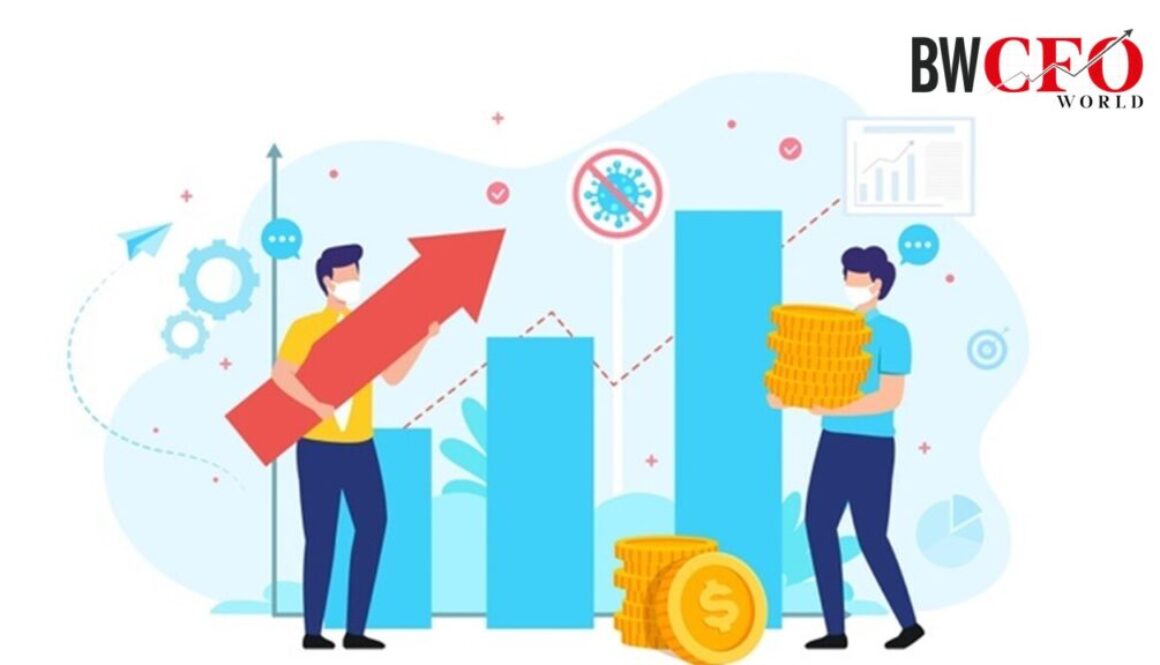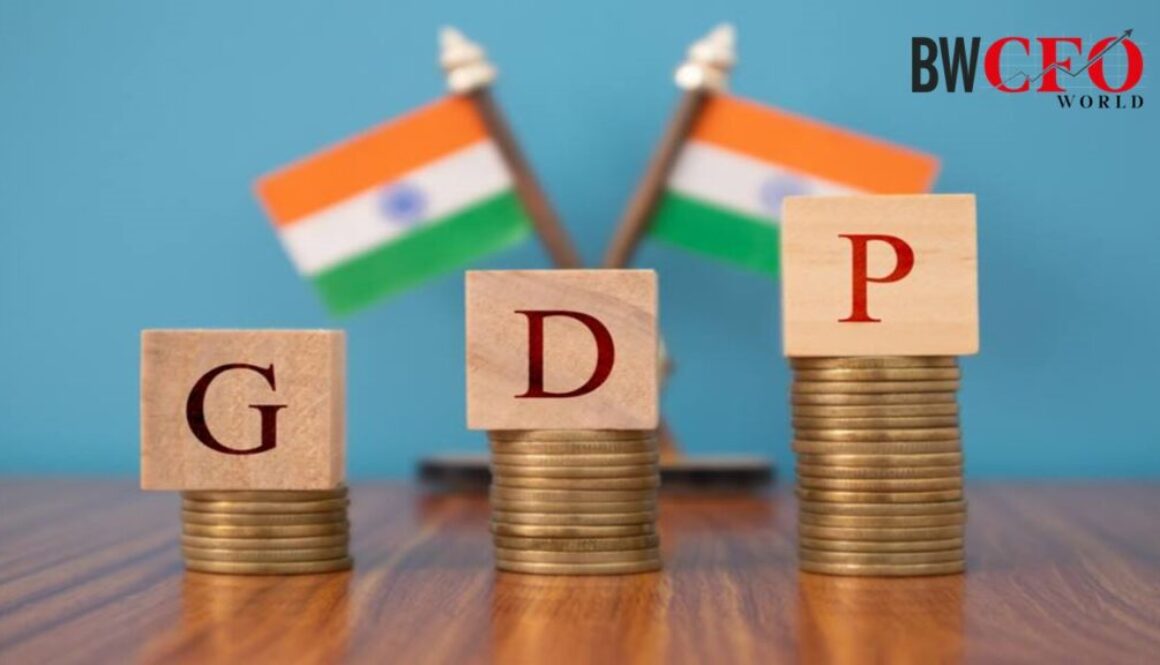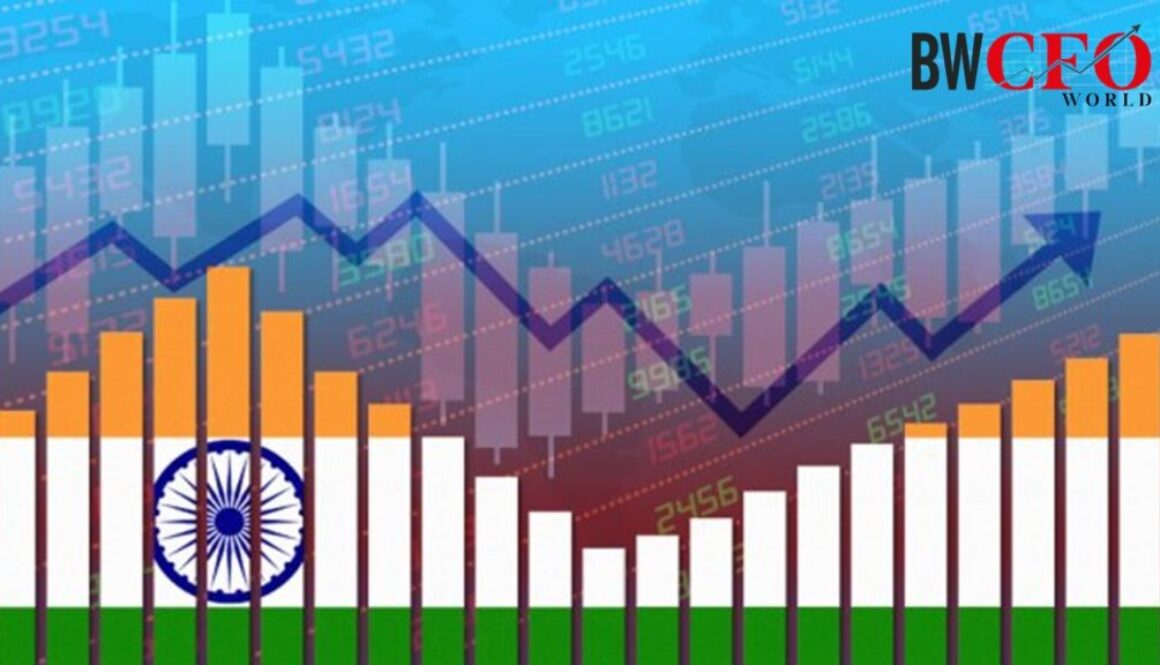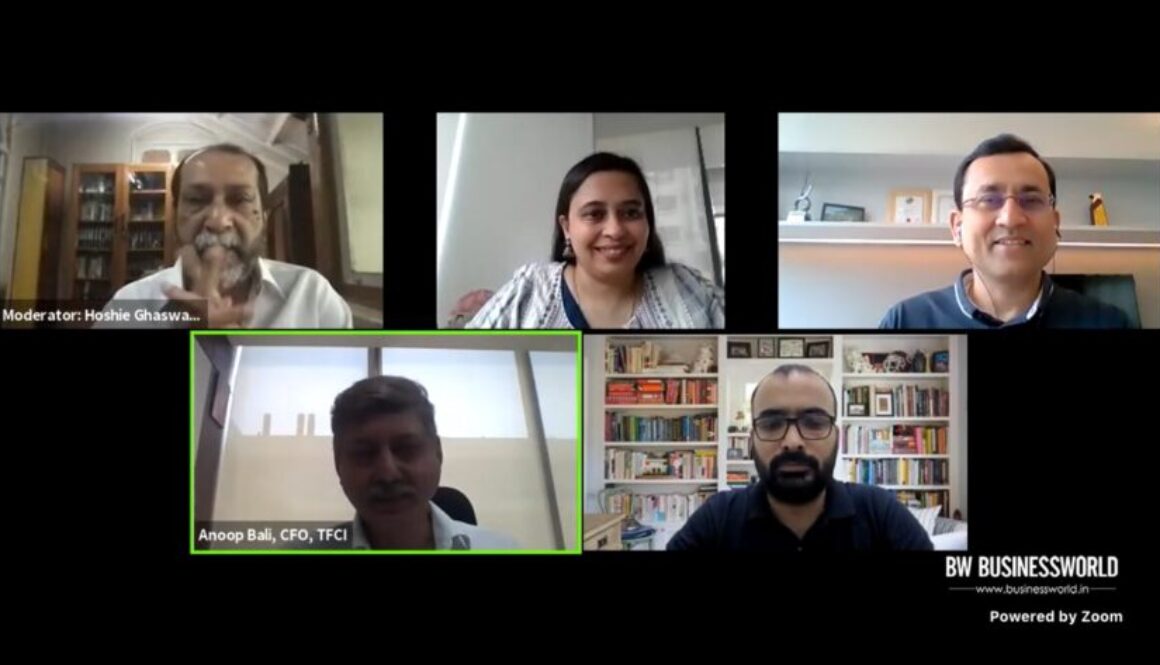Amid the fluctuations in the economy, Union Finance Minister Nirmala Sitharaman recently announced a Rs 6.28 lakh crore stimulus package, widely based on extending loan guarantees and concessional credit for COVID-19 hit sectors.
While talking about the road to economic recovery, Anoop Bali, CFO, Tourism Finance Corporation India, on Friday, during the Businessworld CFO Summit and Awards 2021, said that government spending has to go up and create opportunities for all sectors.
He said, “Government will have to spend and create opportunities for all sectors to have their businesses back to normal. If spending doesn’t happen, I think we are entering into the stagnation of the economy for sure because the two-phase of the pandemic has affected people and their spending capacity. If we say tourism sector, 20 million people have lost their jobs which is a huge number and those who are continuing maybe are continuing with reduced salary. So, their spending power is low, so if you boost the sectors, you have to allow people to get employment, the first thing is that the government has to generate opportunities, and all the state restrictions, licenses will have to be restrained and limited for some time.”
Ashish Kumar, Vice President, Corporate Finance and Treasury, InterGlobe Enterprises, said, “Once the business normalcy starts returning then, of course, the MSME will be at the forefront of the revival, and they are likely to bounce back quicker than they used to be. While the banks have already restructured loans close to 1 trillion and new schemes were announced last year.
“We have a basically high consuming economy and consumption patterns have to increase and it only happens when the income increases that will happen only when the income level of the employees and many other businesses will come to the same level,” Kumar added.
If the experts are to be believed, investment and sustainable infrastructure from the government are very important.
Vikas Wadhawan, Group CFO, Housing.com, PropTiger.com, and Makaan.com said, “In the industry where I am coming from (Real estate sector), the demand sentiment is increasing after it went through a very difficult time for the last three-four years because of the structural reforms happening in India back-to-back. I think this pandemic has definitely improved the demand sentiment but the supply-side issue, the balance sheet problem of most of the real estate developers is a big challenge. That is why we are not seeing the vibrancy in the sector which is needed.
Talking about what the government needs to do to the road to recovery, Wadhawan added, “Infra and Real Estate are two most important sectors for the economy. It’s like a backbone that generates a massive amount of employment, and this also enables almost 200 different light sectors which are directly and indirectly associated with Infra and Real Estate. Infra clearly, the government has a lot of focus and is taking all the steps in the right direction. I think Real Estate is one sector, where a little bit more attention is needed from the government.”
Wadhawan also added that India has one the most vibrant startup ecosystems where the government has launched initiatives like Make in India, Startup India, Atamanirbar Bharat. He also said that we need to double click these schemes and see how we extend or create an inclusive scheme for the tech and digital startups who are typically started by young entrepreneurs which can help in the road to economic recovery.
Meanwhile, Sandhya Sriram, VP, Global Head of Audit Risks and Ombuds Wipro Enterprises said, “The problem has to be solved at the very micro level, macro policies are good, and they do help in overall stimulus and bringing money into the economy. However, if we have to solve the problem of small enterprises, micro-targeting is very important. If you look at sectors, for example- Auto has seen a reasonable recovery but industries like Textile, are still struggling and Tourism is in a dire state. So, having a one size fits all approach is also not going to be able to percolate across the board and therefore more micro-targeting and sectoral schemes will also help on the road to recovery.”


